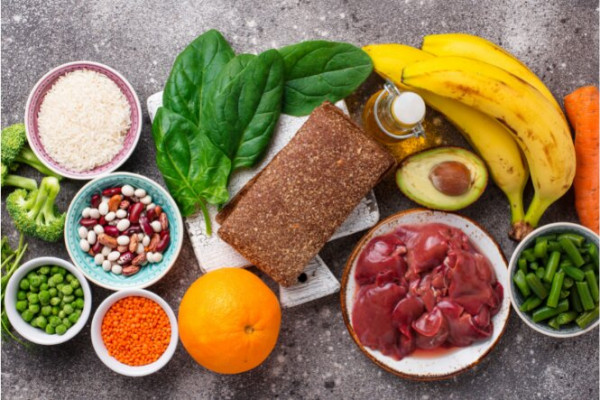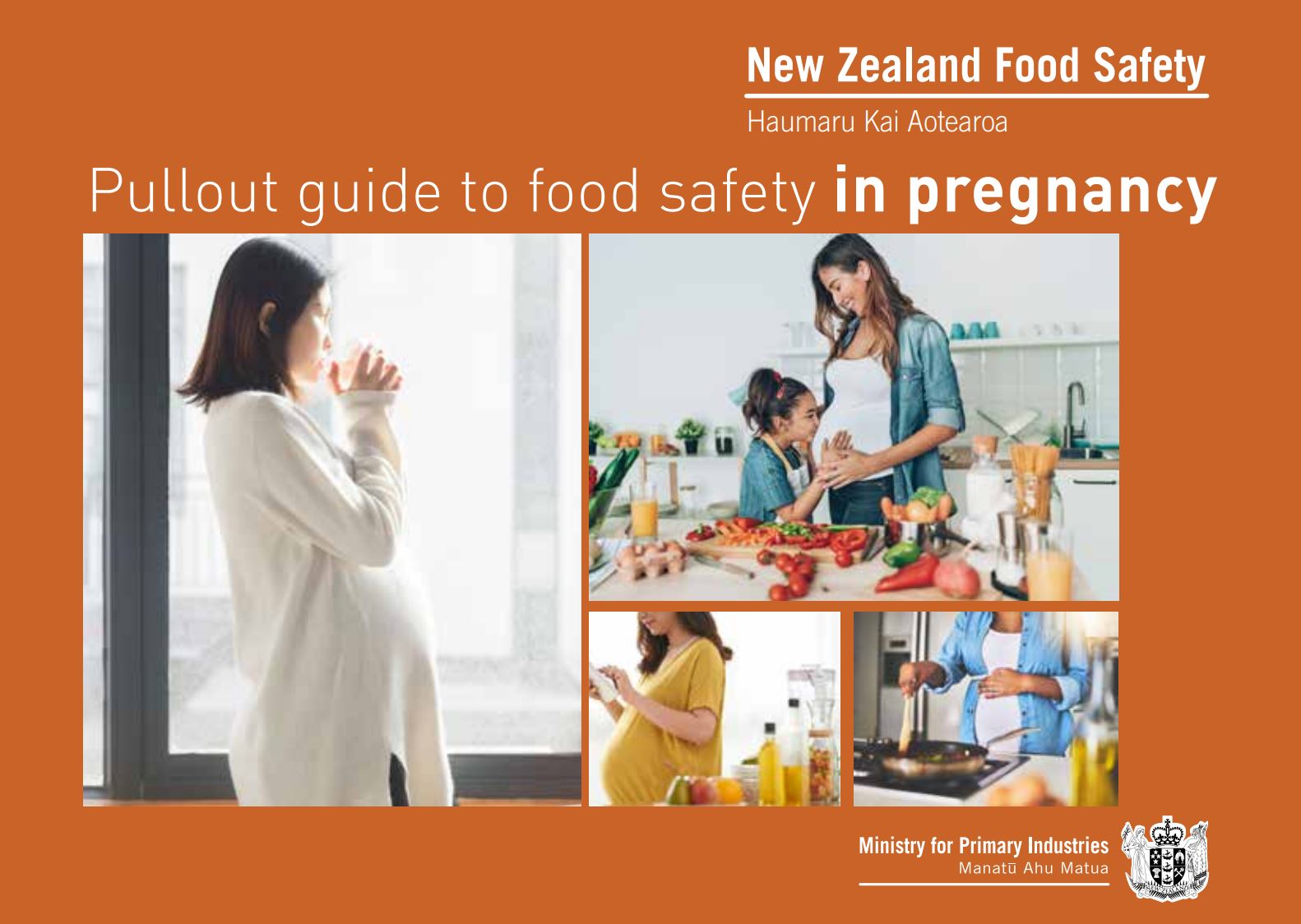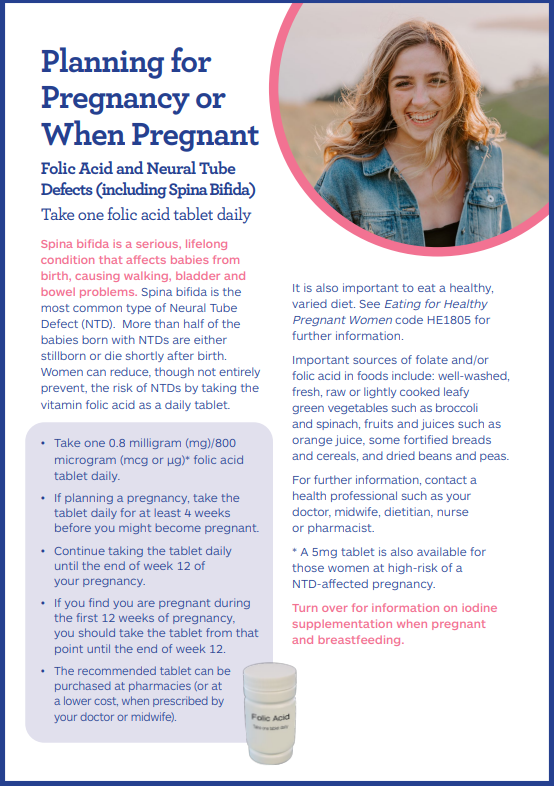Folate is one of the essential B vitamins. Folic acid is the man-made (synthetic) form of folate that's added to some manufactured foods and drinks. Folic acid may also be taken as a vitamin supplement. It's easier for your body to absorb and use folic acid than the folate naturally found in food.
Folate is important for cell growth and reproduction, and it's vital for the healthy development of babies. There's strong evidence to show that taking folic acid can help to ensure the healthy development of babies in early pregnancy. Lack of folic acid has been linked with birth defects called neural tube defects (NTDs), such as spina bifida and anencephaly.
If you don't get enough folate, your body may not be able to produce healthy red blood cells and your red blood cells may be larger than normal. This is a disorder called megaloblastic anaemia.




 Image credit: Depositphotos
Image credit: Depositphotos





